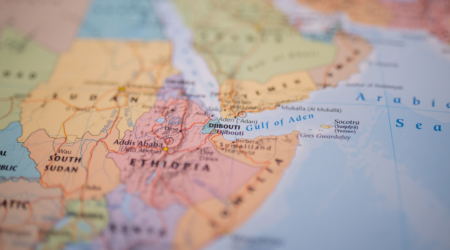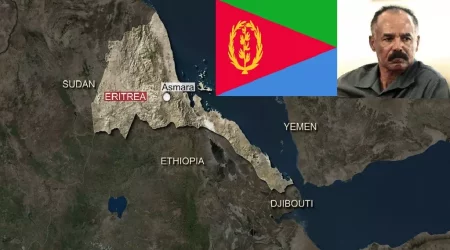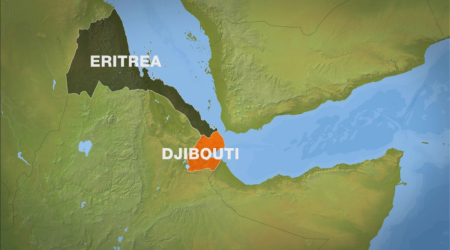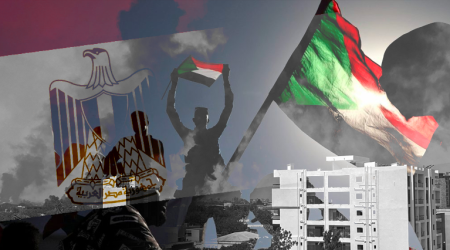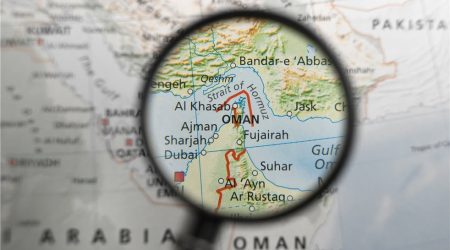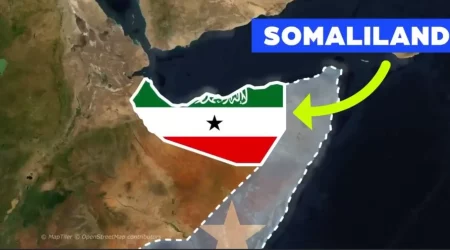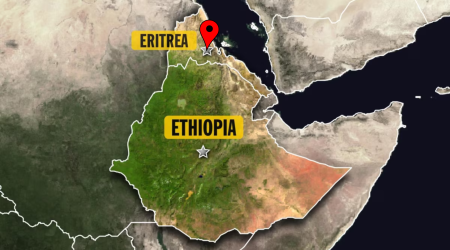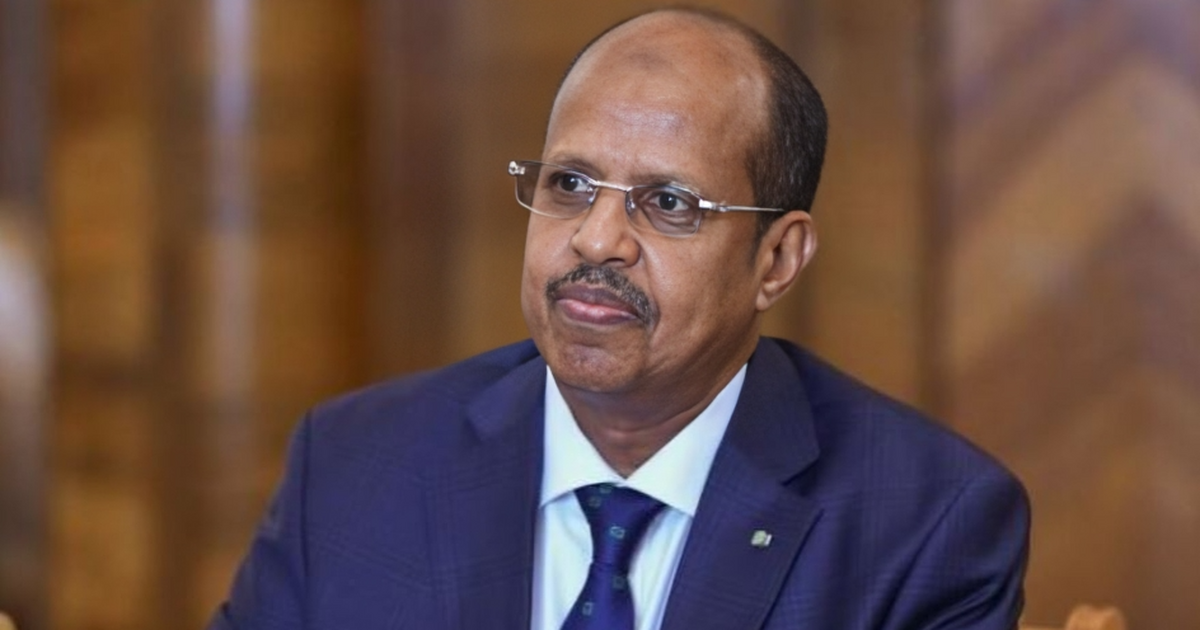
20
Feb
Mahmoud Ali Youssouf’s AUC Election: A Turning Point for Ethiopia’s Regional Power and Diplomacy
Mahmoud Ali Youssouf’s election as the Chairperson of the African Union Commission (AUC) marks a pivotal moment not only for the African Union but also for Ethiopia, as it signals a potential shift in the balance of power and diplomatic influence within the Horn of Africa and the wider continent. After a fiercely contested seven-round race against Raila Amolo Odinga, Youssouf emerged victorious, bringing with him over two decades of experience as Djibouti’s Minister of Foreign Affairs and a wealth of knowledge in international diplomacy. His election holds significant implications for Ethiopia’s regional strategy and broader diplomatic relationships, making his tenure a potential turning point for the country’s power dynamics in Africa.
Strengthening Ethiopia’s Regional Influence
Youssouf’s leadership at the AUC represents an opportunity to enhance Ethiopia’s regional influence, particularly given his ties to the Horn of Africa and his commitment to peaceful diplomacy. His long history of engagement with international and regional organizations, including those with strong connections to the Arab world, positions him as a key figure who could help bolster Ethiopia’s economic and diplomatic standing in the region. His initiative to provide Ethiopia with access to Djibouti’s ports exemplifies his pragmatic approach to regional cooperation and could serve to further strengthen Ethiopia’s strategic economic interests.
Ethiopia, which has long relied on Djibouti for its access to the sea, stands to benefit from Youssouf’s proactive regional approach. By solidifying these economic ties, Ethiopia could deepen its involvement in regional trade networks, enhancing its role in the Horn of Africa’s development. Moreover, Youssouf’s diplomatic track record suggests he is committed to fostering economic cooperation and stability across the region, aligning with Ethiopia’s goal of regional integration and sustainable growth.
A Delicate Balance: The GERD and Ethiopian-Egyptian Relations
However, the election of Youssouf also raises important questions about Ethiopia’s longstanding diplomatic challenges, particularly with Egypt over the Grand Ethiopian Renaissance Dam (GERD) dispute. Youssouf’s close ties with the Arab world, especially his diplomatic history with Egypt, could complicate Ethiopia’s position on this contentious issue. Ethiopia has consistently advocated for the GERD dispute to be resolved through African-led initiatives, rejecting external interference in the matter. Given Youssouf’s history as Djibouti’s Ambassador to Egypt, there is concern within Ethiopia that his leadership could favor Egypt’s position, given the latter’s longstanding objections to the dam.
Despite these concerns, Youssouf’s leadership could offer Ethiopia a unique opportunity to diplomatically navigate the GERD issue. His proposed approach of balancing competing interests, exemplified by his willingness to offer Ethiopia access to Djibouti’s ports during a time of political tension with Egypt, demonstrates his capacity for neutrality. If Youssouf adopts an impartial stance in the mediation process, it could present a more equitable path forward for all parties involved, ensuring that Ethiopia’s interests in the GERD are safeguarded without exacerbating regional tensions.
Regional and Global Diplomacy: A Shift in Africa’s Foreign Policy
The broader implications of Youssouf’s election extend beyond Ethiopia and the Horn of Africa, influencing Africa’s diplomatic standing on the global stage. His strong connections with the Arab world, particularly Egypt, offer the potential for closer economic and diplomatic ties between Africa and the Arab states. Such relations could unlock new investment and trade opportunities, benefiting Ethiopia as well as other African nations. However, this shift could also lead to external influences from the Arab world in African affairs, potentially challenging the continent’s historical pursuit of autonomy in its political and economic decisions.
For Ethiopia, which has traditionally resisted foreign intervention, especially from non-African powers, the growing influence of Arab states through Youssouf’s leadership could present a delicate balancing act. While Ethiopia may benefit from stronger relations with Arab countries, it must also ensure that its sovereignty and regional interests are not compromised by external pressures.
A Path Forward for Ethiopia’s Regional Diplomacy
In light of these developments, Ethiopia’s path forward should focus on strengthening its engagement in regional diplomacy and leveraging its role in the African Union to navigate these shifts in global power. Ethiopia should actively contribute to peacekeeping and conflict resolution efforts within the AUC, ensuring that its voice remains central in discussions of regional stability. Additionally, the country must continue to pursue dialogue with neighboring states, including Somalia and Sudan, to foster peaceful coexistence and resolve any remaining disputes through diplomacy rather than conflict.
By engaging in these initiatives, Ethiopia can position itself as a stabilizing force in the Horn of Africa, securing its place as a regional power while maintaining its independence in the face of changing geopolitical dynamics. Moreover, Ethiopia should seek to engage with the AUC on issues of youth empowerment and regional integration, aligning with Youssouf’s vision of reform within the commission to better address Africa’s complex challenges.
Conclusion
Mahmoud Ali Youssouf’s election as Chairperson of the AUC is indeed a turning point for Ethiopia, with significant ramifications for the country’s regional power, diplomacy, and future trajectory. While the potential challenges,particularly in relation to the GERD dispute, must be carefully managed, the opportunities presented by Youssouf’s leadership in fostering regional cooperation and economic growth are undeniable. By continuing to pursue a proactive diplomatic strategy within the AUC and enhancing its engagement with both African and Arab partners, Ethiopia can maximize the benefits of Youssouf’s tenure, reinforcing its position as a key player in African and global diplomacy.


